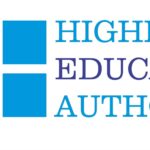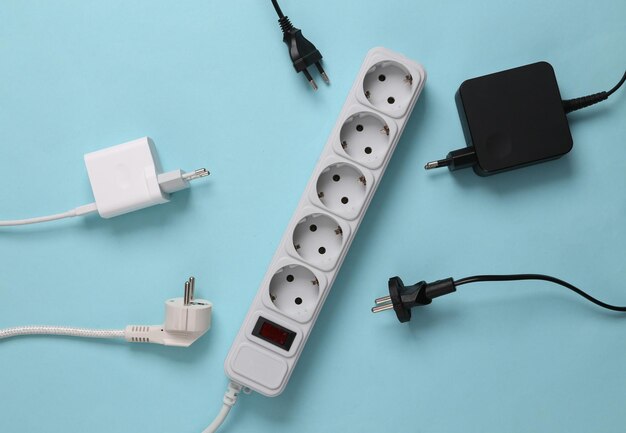The Zambia Compulsory Standards Agency (ZCSA) has conducted a significant enforcement operation, seizing 1,444 non-compliant electrical products valued at K45,451.50 in Lusaka. Additionally, the Agency has restricted 651 assorted non-compliant products valued at K236,720, pending corrective measures. This brings the total value of non-compliant goods to K282,171.50, underscoring the importance of adherence to compulsory standards.
Ongoing Open Market Surveillance
The enforcement action was part of the ongoing national Open Market Surveillance (OMS) inspections, carried out from November 11 to 15, 2024. Inspections were conducted across Lusaka’s Town Centre, Soweto Market, and the Intercity Bus Terminus. The focus was on both imported and locally manufactured products covered by the compulsory standards, which ensure consumer safety, public health, and environmental protection.
The inspection revealed that electrical fittings and connections accounted for the highest percentage of non-compliant products, with 83% of electrical items failing to meet required standards. Other non-compliant products included fruit-flavored drinks and washing detergents (7% each), as well as potable spirits (3%).
Specific Non-Compliance Issues
Among the electrical products seized, most plugs, sockets, and adaptors did not comply with required color coding. Other electrical items lacked proper labeling, featured incompatible pins, or were not fused, with some failing to register with the Agency altogether. These non-compliant products pose serious risks to public safety, including electric shocks, fires, personal injuries, and potential loss of life.
Moreover, the investigation found that many traders of non-compliant products were not registered with the ZCSA and lacked the necessary permits to distribute these goods, as mandated by the Compulsory Standards Act No. 3 of 2017.
Public Safety Risks
The ZCSA has warned that continued distribution of non-compliant electrical products can lead to severe consequences, such as personal injury, electrical fires, and property damage. The Agency has vowed to take stern action against businesses involved in illegally supplying unsafe products in the Zambian market.
Compliance and Future Inspections
As of now, the overall compliance level in Lusaka stands at 82%, involving 145 manufacturers, 216 brands, and 51 trading outlets. While the compliance rate is relatively high, the ZCSA’s efforts to root out non-compliant products continue, with further enforcement activities planned in other provinces, including Eastern, Central, Southern, Western, Copperbelt, North-Western, Muchinga, and Northern.
The Agency will continue seizing, withdrawing, and destroying non-compliant products in accordance with Section 16 4(a) and (b) of the Compulsory Standards Act, ensuring that only safe and properly regulated products remain in the market.
ZCSA’s Role in Public Safety
The Zambia Compulsory Standards Agency, a statutory body under the Ministry of Commerce, Trade, and Industry, is mandated by the Compulsory Standards Act to administer, maintain, and enforce standards that protect public safety, health, and the environment. This latest operation highlights the Agency’s commitment to safeguarding consumers from potentially harmful products and ensuring that only compliant goods are available for sale in Zambia.
The Agency has also encouraged consumers to be vigilant and report suspicious products to the nearest ZCSA office or any of its provincial centers. With the ongoing surveillance, the ZCSA aims to create a safer market environment for all Zambians.






